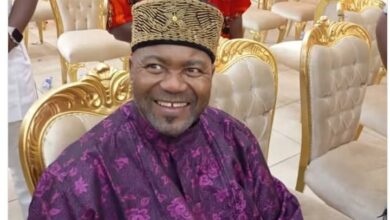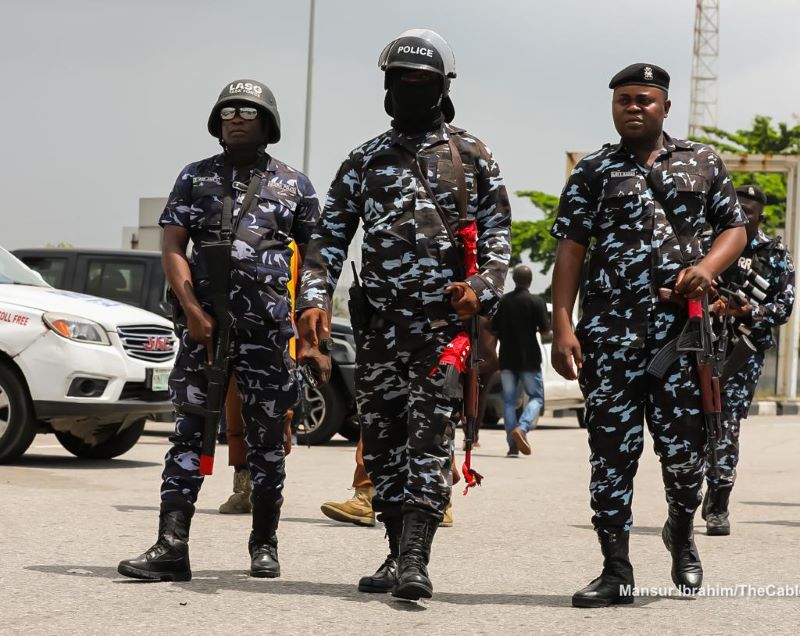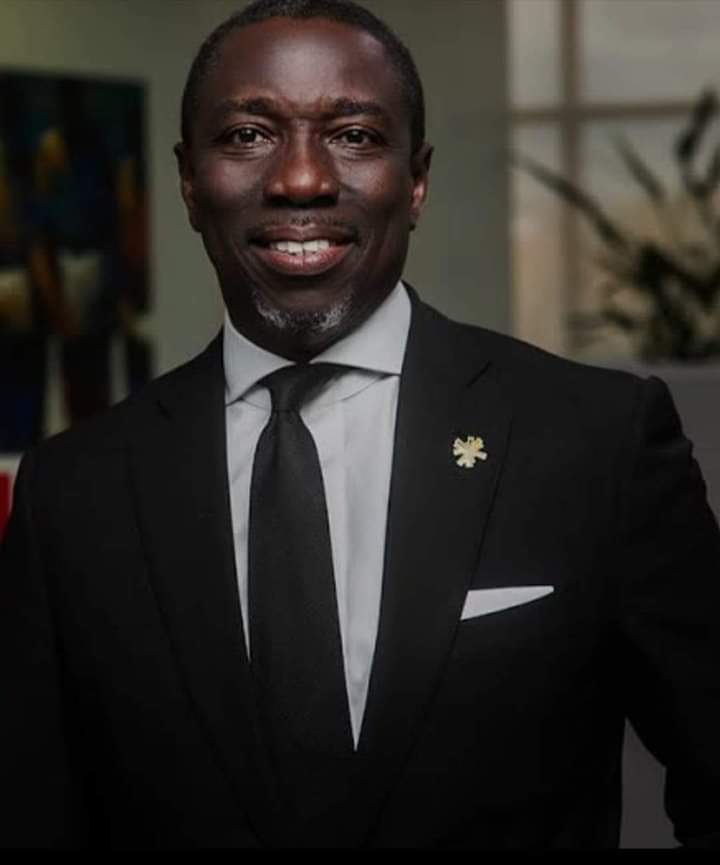Here are some interesting facts about the Igbo people of Nigeria:


Here are some interesting facts about the Igbo people of Nigeria:
1. Population: The Igbo are one of the largest ethnic groups in Africa and the most populous ethnic group in Nigeria, predominantly located in the southeastern and South-South parts of the country.
2. Language: The Igbo language, part of the Niger-Congo language family, has numerous dialects and is widely spoken among the Igbo people. It is the second most spoken language in Nigeria.
3. Traditional Religion: Many Igbo people traditionally practiced a religion known as Odinani/Odinala ,which includes the worship of a high God called Chukwu, along with various lesser gods and ancestral spirits.
4. Colonial Resistance: The Igbo people were known for their resistance against British colonial rule, exemplified by the famous Aba Women’s Riot of 1929, a significant anti-colonial movement led by Igbo women.
5. Biafra: In the late 1960s, the Igbo-majority eastern region declared independence from Nigeria, forming the Republic of Biafra. This led to the Nigerian Civil War (1967-1970), also known as the Biafran War, which had devastating effects on the region.
6. Traditional Attire : Igbo traditional attire often includes the “Isi Agu” top for men, which features lion head patterns, and the “wrapper” for women, along with beads and head ties for various ceremonial occasions.
7. Education: The Igbo people place a high value on education and entrepreneurial activities, leading to significant contributions in various fields such as academia, business, and technology.
8. Igbo Ukwu: The ancient town of Igbo Ukwu is famous for its archaeological discoveries dating back to the 9th century, revealing sophisticated bronze artifacts and indicating a highly advanced ancient civilization.
9. Agriculture: Traditionally, the Igbo are agrarian, with yam being a staple crop. The New Yam Festival, celebrated annually, is one of their most important cultural festivals.
10. Market System: The Igbo have a well-organized market system, with markets operating on a four-day cycle known as Eke, Orie, Afo, and Nkwo. These markets play a crucial role in the social and economic life of Igbo communities.
11. Masquerade Festivals: The Igbo are known for their vibrant masquerade festivals, which feature masked dancers representing ancestral spirits and various deities. These events are significant in religious and social ceremonies.
12. Igbo Apprenticeship System: The Igbo apprenticeship system, known as “Igba Boyi,” is the largest business incubator in the world and a unique business model where young men apprentice under established business owners, learning the trade and eventually being set up with their own businesses.
13. Art and Craft: The Igbo are renowned for their traditional arts and crafts, including intricate wood carvings, pottery, and weaving. Their artistic expressions often have cultural and religious significance.
14. Architecture: Traditional Igbo architecture includes “Obi,” a central hut in a family compound used for important meetings and ceremonies. These structures often feature intricate decorations and are made from natural materials like mud and thatch.
15. Diaspora Influence: The Igbo diaspora is substantial, with Igbo people living and thriving in various countries around the world. They continue to contribute significantly to their host communities while maintaining strong ties to their cultural heritage.





